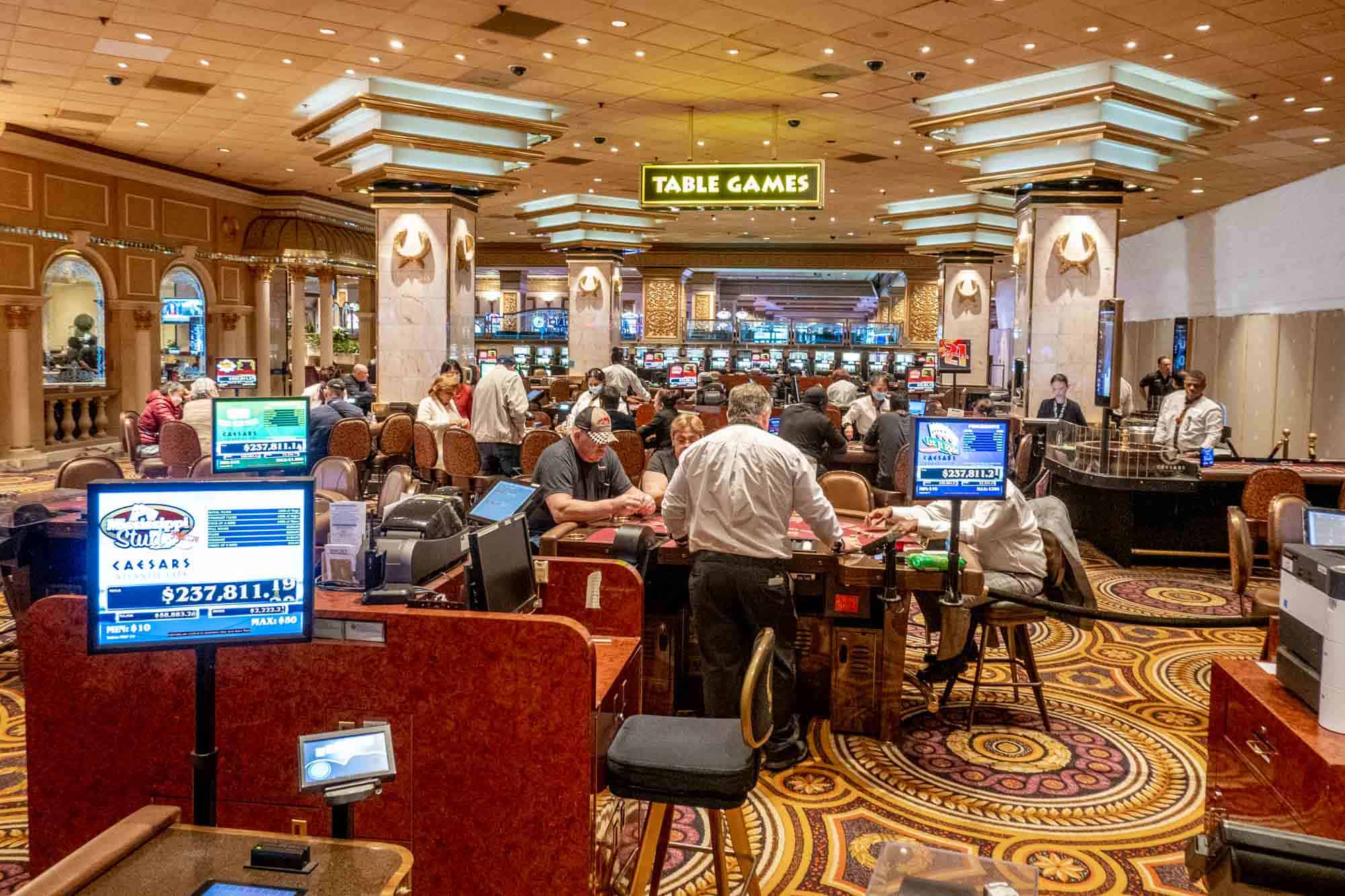
In the world of gambling, where chance and strategy meet, a unique tapestry of beliefs emerges—one that intertwines luck, fate, and the enigmatic nature of casino games. Casinos, bustling with excitement and anticipation, are not just places for placing bets; they are also arenas where superstitions thrive. Ranging from the novice player to the seasoned gambler, these mysterious practices often shape how individuals approach the games they play, believing that their actions can influence the outcome in ways that go beyond mere probability.
When players gather around roulette wheels, blackjack tables, and slot machines, the atmosphere is thick with stories of lucky charms, rituals, and codified behavior that defy logic yet provide a sense of comfort. Whether it’s wearing a specific outfit, following a particular sequence of bets, or even avoiding certain numbers, the attachment to various superstitions reflects a deep-rooted desire to manipulate the uncontrollable. This article delves into the captivating world of casino game superstitions, investigating the beliefs that both entertain and mystify those who dare to play.
Historical Origins of Superstitions
Gambling games have long been entwined with an array of superstitions that can be traced to early cultures. The origins of these beliefs can be connected to humanity’s fundamental need to control the random outcomes related with fortune and uncertainty. In primitive civilizations, activities of chance were often tied to religious practices. Gamblers would invoke aid or request favor from gods, believing that their actions could affect the odds in their favor. This basis laid the foundation for the myriad of superstitions that spread as casino games evolved over ages.
During the medieval period, betting became a widespread hobby across the continent, and with it, a rich tapestry of superstitions emerged. Players adopted various rituals and charms, believing they could influence the consequences of games. The significance of digits, in particular, began to show in superstitions around card games and dice. The number seven was often considered lucky, while various numbers carried bad connotations. These notions mirrored the social contexts of the time, adapting as they transferred through generations and changed to different gaming environments.
As gaming establishments emerged in the 17th century, particularly in Italy and the French nation, the atmosphere surrounding betting became saturated in mystique. The growing availability of gambling games allowed for the dissemination and variation of superstitions among players. Concepts like charmed charms, designated seating positions, and rituals gained prevalence, creating a special culture within betting houses. As these customs continued to thrive, they became integral to the identity of gambling games, illustrating how the past and tradition shape the convictions that influence how gamblers connect with luck.
Common Casino Superstitions
Superstitions surrounding gambling games are abundant and varied, mirroring the hopes and fears of gamblers as they participate in random activities. One of the most common beliefs is that certain numbers bring luck or bad luck. For example, the number 7 is often seen as a lucky number, frequently sought after by players looking for a positive result. Conversely, the digit thirteen is routinely considered unlucky, leading many players to avoid it during their gambling sessions. 78win
A common belief relates to practices that gamblers believe can influence their odds. Xổ số 78win It could be blowing on the dice before a throw, using a specific hand to place a wager, or even wearing particular items of clothing, many people feel that these rituals can sway luck in their favor. These practices offer a sense of control in an otherwise random environment, reinforcing the idea that fortune can be manufactured through individual beliefs and habits.
Finally, the ambiance and vibe of the casino itself contributes to myths. Many gamblers suggest that the presence of specific symbols, such as four-leaved clovers or fortunate tokens, can enhance their chances of success. Additionally, gamblers might adhere to the belief that winning streaks can be interrupted by mundane occurrences, such as someone walking past or a accident at the gaming surface. The collective atmosphere in a gambling house can amplify these beliefs, creating a communal culture of myths that goes beyond single encounters.
Impact of Superstitions on Players
Beliefs play a important role in the psychology of casino players, often affecting their actions and choices. A lot of gamblers think that luck can be manipulated through different rituals, such as wearing a lucky charm, choosing particular hues, or steering clear of particular digits. This reliance on superstitions can create a feeling of authority in an environment that is intrinsically unpredictable. Players often feel more confident and involved when they think that their actions could sway the outcome of a game in their advantage.
The impact of these superstitions extends beyond singular players, affecting the general atmosphere within the casino. For instance, a player who holds the belief in the luck of a particular slot machine might draw a gathering, as others are fascinated by their apparent success. This collective belief can amplify excitement and create a dynamic environment, leading to an captivating experience even for those who may not necessarily be believers themselves. The excitement around specific games can lead to higher participation and extended playing sessions, supporting the casino’s lively social scene.
In some cases, superstitions can lead to detrimental effects for players. Relying too heavily on rituals can result in poor gambling decisions, as some may ignore basic strategies in favor of baseless beliefs. Additionally, the stress to perform rituals may heighten anxiety and stress levels, detracting from the enjoyment of the experience. Ultimately, while superstitions can enhance the excitement of playing casino games, they can also lead to unwise choices that overshadow the fun and amusement intended in the casino experience.
